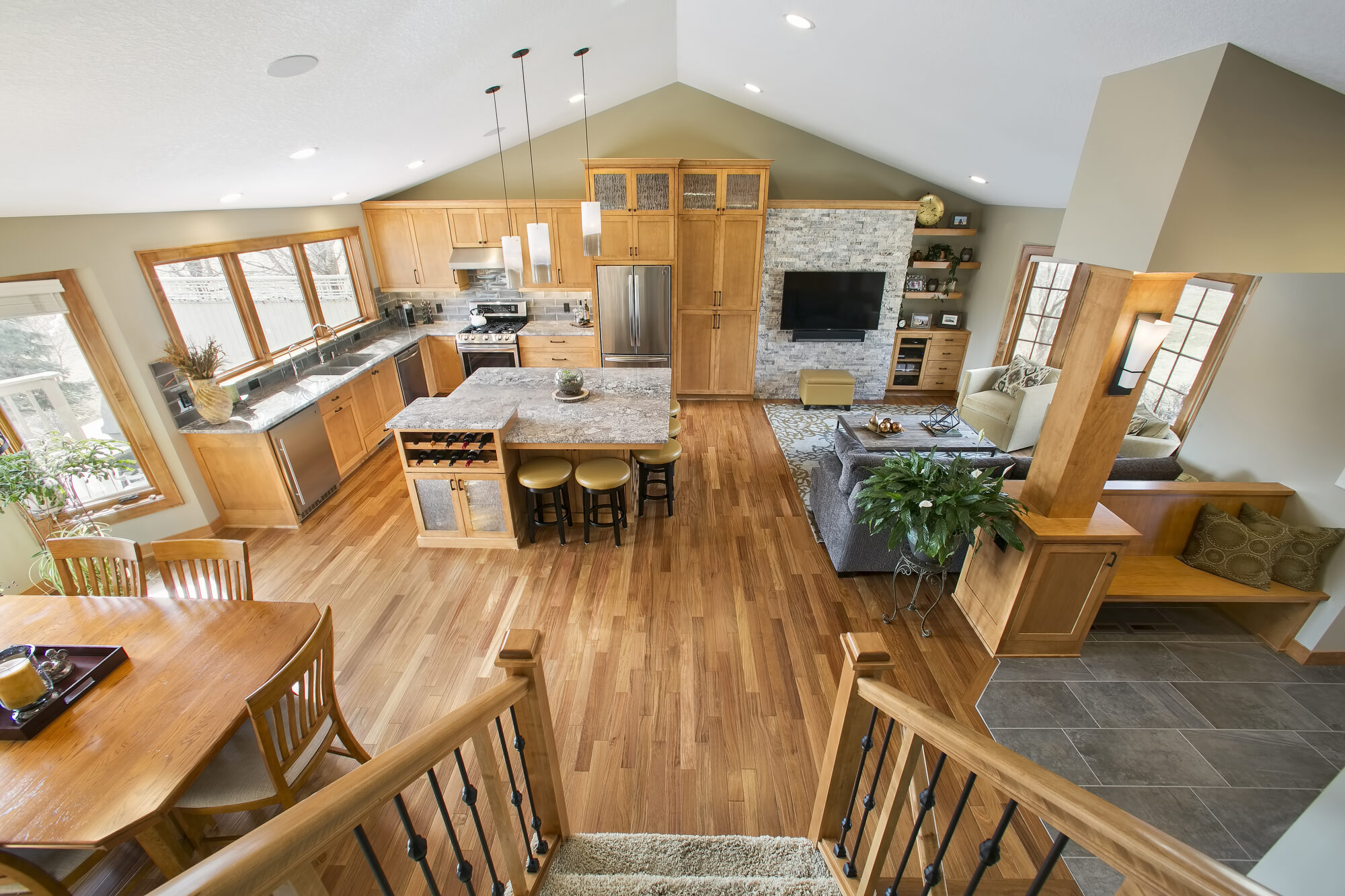Brazilian Teak Cumaru hardwood appeals to a broad range of consumers, from tasteful homeowners looking for an exotic wood floor to commercial building designers seeking a highly durable, attractive product. This type of wood flooring provides several distinct benefits and creates a rich look echoing the timeless appeal of teak. Find out what you want to know about this hardwood type, rapidly growing in popularity across North America.
Cumaru hardwood presents a very high Janka hardness rating—coming in at 3540 on the scale. This level of strength helps to cut down on scratching, scrapes, and general wear on your hardwood flooring. Dense wood also insulates better, creating a more comfortable living space in any area of your home. Strength and Durability
Brazilian teak is known as an oily type of wood. This makes it more challenging to apply an oil finish, as the wood naturally repels liquid. If you appreciate the natural appearance of this wood species and have no plans to apply an oil finish in the future, this characteristic poses no problem. The oily property of Cumaru helps to maintain an attractive, stain-free finish throughout the life of your flooring.
General Appearance
Brazilian teak wood floors range in color from golden yellow to medium brownish tones. You’ll detect some reddish hues and quite a bit of rich tan, sometimes described as milk chocolate color. Amber is another descriptive word often used for Cumaru wood floors.
Cumaru also boasts a tight grain, thanks to the density of this wood species. You can expect to find color variation in most flooring brands. These variations fade over time, although most can still be detected with a close eye. Wood floors tend to fade faster in rooms filled with natural light.
Disadvantages to Brazilian Teak Cumaru Hardwood
This type of hardwood is truly beautiful and greatly in demand across the retail flooring industry. Homeowners and designers understand that Cumaru carries a higher price tag than many other exotic wood floors.
Comparatively speaking, Cumaru comes in at an average cost of $10-13 per square foot. Popular domestic hardwood flooring options, such as Oak and Maple cost much less—around $6-9 per square foot.
Much like other types of solid hardwood flooring, the dust from Cumaru flooring irritates common environmental allergies and could contribute to respiratory problems. This may present an issue during installation, but with professional installation crews and a thorough cleaning post-project, all of the wood dust should be removed and your home should return to a healthy state.
Because Cumaru does not absorb oil well, refinishing in a darker tone is not an option. Consider your tastes and decide whether or not the natural amber-colored beauty of Cumaru wood flooring suits your style. Quality Cumaru hardwood can be easily sanded down for a smooth finish, but the natural color remains.
Brazilian Teak Cumaru hardwood flooring remains a popular choice for many discerning homeowners, contractors, and designers across North America. If you’re considering an installation of this beautiful wood floor, read through and familiarize yourself with the basics. This durable, attractive floor also presents some challenges but this might be the dream floor for you. If you want to explore Solid Cumaru as an option, take a look here. If you want Engineered Cumaru, take a look here.

